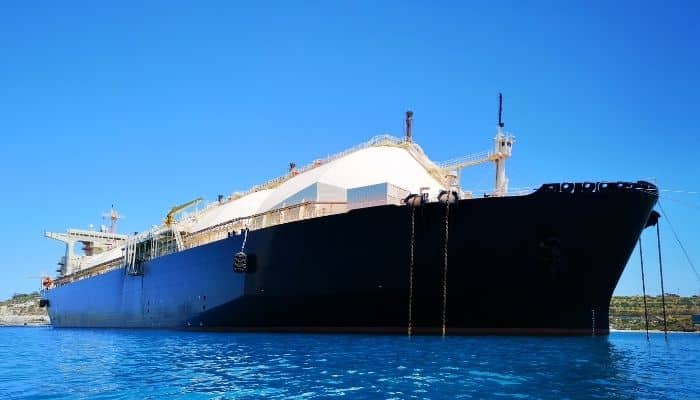– Development of LNG value chain products… Leading the development of carbon neutral and eco-friendly technologies
□ Samsung Heavy Industries announced on the 20th that it succeeded in demonstrating its independently developed BReS (Boil-off gas Recovery System) for LNG propulsion ships and obtained a Statement of Fact from the US ABS Classification Society.
□ BReS is a system that re-liquefies and recovers boil-off gas that is naturally vaporized in the fuel tank of LNG-powered ships, which are increasingly ordered due to strengthened environmental regulations. It is a new technology that can reduce the fuel consumption and carbon dioxide emissions of LNG-powered ships.
□ In the case of existing systems mounted on LNG propulsion ships, overseas manufacturers monopolize the high-pressure compressor needed to convert boil-off gas into fuel, requiring a long procurement period and cost. will occur.
BReS is a heat exchange technology using the cold heat of LNG supplied to the engine instead of a high-pressure compressor. By liquefying the boil-off gas, the initial investment can be reduced, and the excess boil-off gas can be re-liquefied to zero carbon dioxide emissions from forced combustion. .
It is analyzed that when BReS is installed on container ships operating between Europe and Asia, it is possible to reduce about 30 tons of LNG fuel and 60 tons of carbon dioxide emissions per voyage. 60 tons of carbon dioxide is the amount of emissions generated when 500 passenger cars make a round trip between Seoul and Busan.
□ Park Geon-il, technical committee member of Samsung Heavy Industries Eco-friendly Research Center, said, “With the strengthening of IMO environmental regulations, it is urgent to develop new technologies for carbon neutrality in the shipbuilding and shipping industry.” We will lead,” he said.
□ Samsung Heavy Industries has completed 15 demonstration tests, including BReS, using the LNG demonstration facility completed in May 2021.
Samsung SHI






